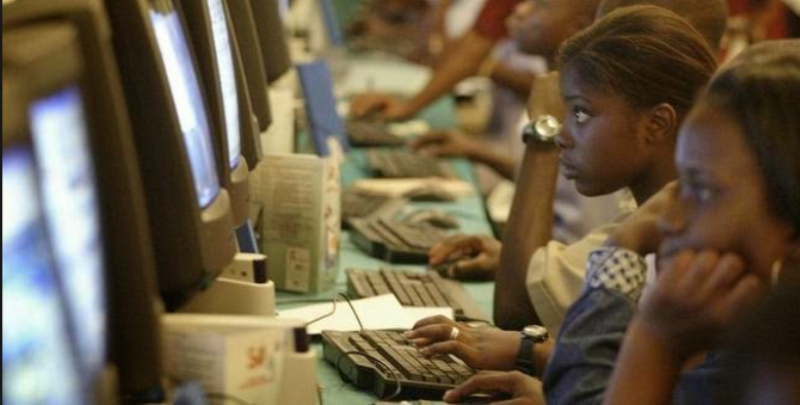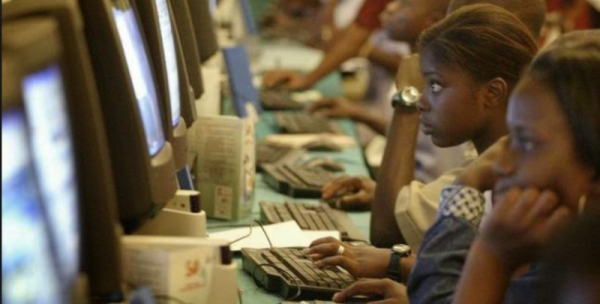The NCC has revealed that Nigeria’s internet usage numbers have now hit 85.9 million subscribers by the end of the last quarter of 2020. The figure is a 20% increase from the year before. It is not clear how much of the number are active subscribers but the number is a positive indicator of internet penetration in Nigeria.
Read more about Tech
The new figure indicates a 45.2% internet penetration according to Nigeria’s population figures. The new figure as others before it has been questioned by experts in the industry, however. Techpoint reports thus:
“Shortly after the NCC released industry figures in January 2019, digital rights activist and Executive Director of Paradigm Initiative Nigeria, Gbenga Sesan accused the regulator of sending wrong signals about the telecommunications market in the country. Sesan, who was a member of the independent group that put together the 2013 plan, also revealed that the motive for the plan was to measure terrestrial infrastructure-enabled broadband and not mobile broadband. But it appears that what the regulator is measuring is mobile broadband”.
Sign up to the Connect Nigeria daily newsletter
By definition, the Nigerian Broadband Plan of 2013, “‘broadband connection’ is defined as an internet experience where the user can access the most demanding content in real-time at a minimum speed of 1.5Mbit/s”. We may see the contradictions in the judge from the paragraph before however.
Simply put, the argument is put thus: the NCC puts out figures that have more to do with the number of SIM cards bought and registered and aggregate them to internet usage figure whereas the proper measure will be to measure only users with outright mobile data plans.
That in itself precludes the number of users with intense and active data usage away from Wi-Fi internet connections. Telcos are better placed to give a clearer picture of Nigeria’s internet user penetration and that information is released monthly and quarterly.
Featured Image Source: The Guardian NG
Got a suggestion? Contact us: [email protected]


